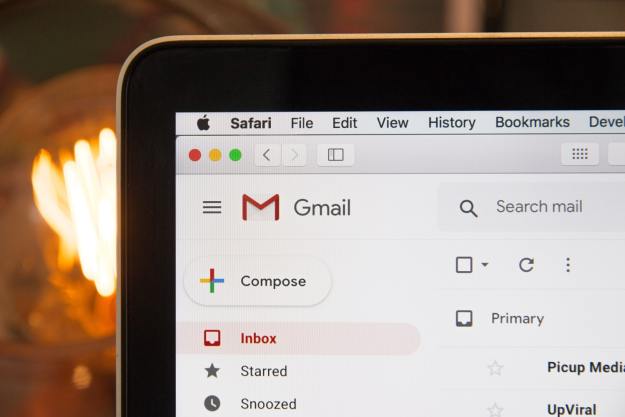Google is preventing some of its staff from using the internet at work, according to sources in contact with CNBC.
Having revolutionized the web with its powerful search engine before making vast sums of money off online ads, the idea of a company like Google preventing some of its own workers from accessing the internet may at first seem somewhat odd, but there is of course sound reasoning behind it.
The move is part of a pilot program geared toward bolstering the company’s defenses against increasingly sophisticated cyberattacks, according to CNBC.
Launched on Wednesday, the program involves select employees using desktop PCs without an internet connection, though access to internal tools like Google Drive will be allowed. Removing internet access from company machines stops bad actors from easily running arbitrary code remotely or nabbing data, an internal Google document reportedly said.
When the plan was first proposed, Google apparently made a list of 2,500 participants, but following feedback, some employees were given a chance to opt out while others were allowed to join. While this is only a small fraction of Google’s estimated global workforce of around 170,000 people, the company could expand the initiative if it proves effective.
Internal materials seen by CNBC revealed that “Googlers are frequent targets of attacks,” a situation that puts at risk large amounts of data and infrastructure code. A successful attack could lead to serious problems for the company, denting users’ faith in Google’s ability to competently handle security issues. But it’s not just regular users that Google has to reassure as it’s also going after lucrative government contracts.
In a statement, Google said: “Ensuring the safety of our products and users is one of our top priorities,” adding that it “routinely explores ways to strengthen our internal systems against malicious attacks.”
Editors' Recommendations
- 5 web browsers you should use instead of Google Chrome or Edge
- Fake AI images are showing up in Google search — and it’s a problem
- Google Chrome is getting a complete overhaul for its birthday
- Chrome has a security problem — here’s how Google is fixing it
- Google is creating ‘internet surveillance DRM,’ critics say

